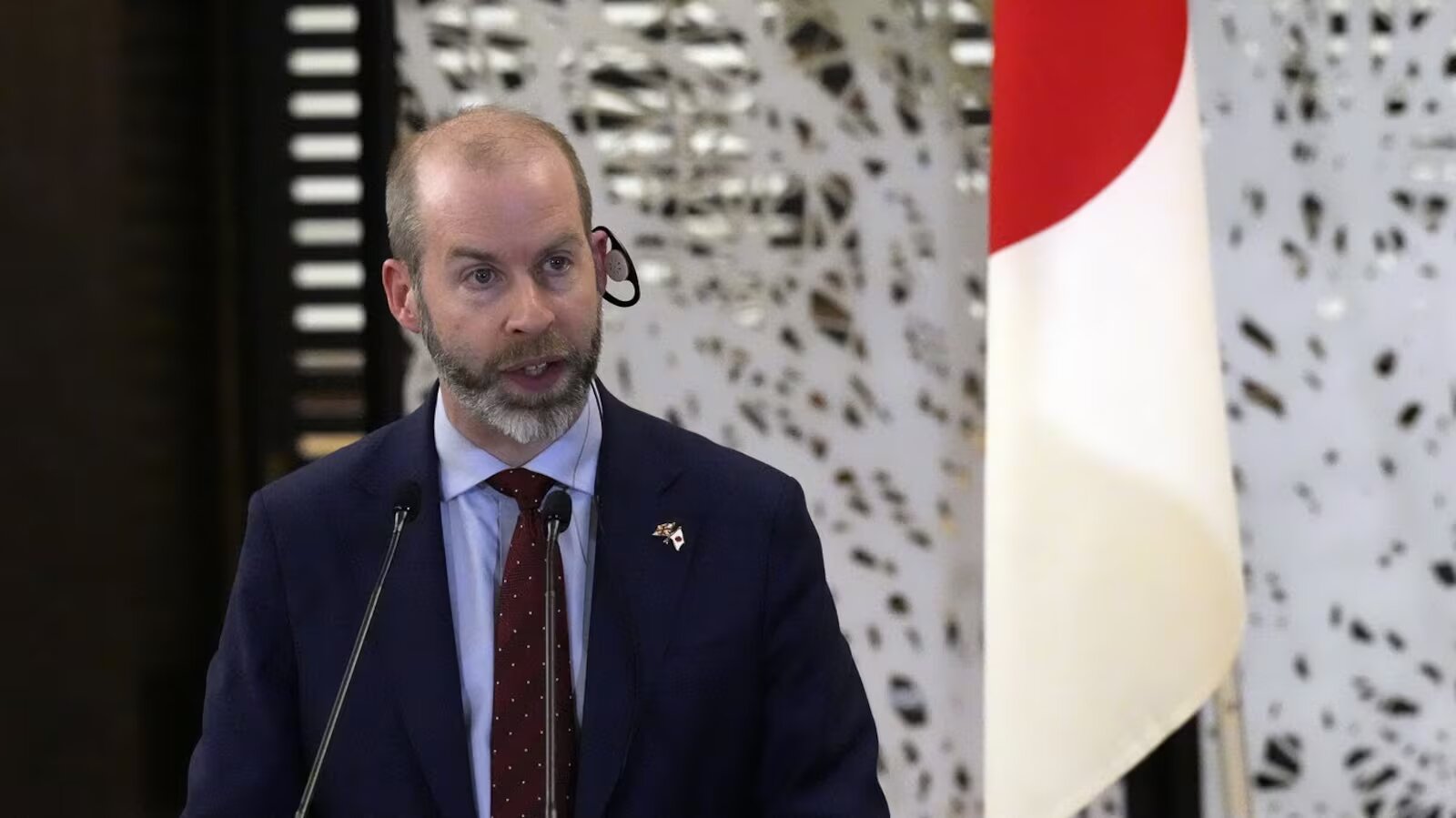Britain labeled the Trump administration’s new tariffs on steel and aluminum imports “disappointing” Wednesday, but stopped short of retaliating—even as the EU fired back with duties on American goods from whiskey to denim.
Jonathan Reynolds, the U.K.’s Business Secretary, hinted at possible countermeasures down the road, promising to “work tirelessly” with the U.S. to defend British businesses. “All options are in play, and we’ll act decisively if it serves the nation,” he said. Treasury Minister James Murray told Times Radio the U.K. reserves its “right to respond,” keeping the threat alive.
Prime Minister Keir Starmer has been playing nice with Trump, hoping charm pays off where tariffs loom. After a White House powwow last month, the duo committed to nailing down a U.S.-U.K. trade agreement—a prize that’s dodged negotiators for years. Reynolds called the strategy “practical,” aiming for a deal to nix extra duties and prop up the U.K. economy.
The tariffs land hard on Britain’s beleaguered steel industry, now a sliver of its former self at 0.1% of GDP. In 2024, the U.S. took 180,000 metric tons (198,000 U.S. tons) of British steel—7% of total exports by volume, 9% by value—while aluminum exports to the U.S. hit 10%, per trade groups. At Wales’ Port Talbot steelworks, owned by Tata Steel, thousands of jobs are already on the chopping block as it shifts to sustainability. Trump’s move tightens the screws further—yet Britain’s response remains a calculated wait-and-see.

